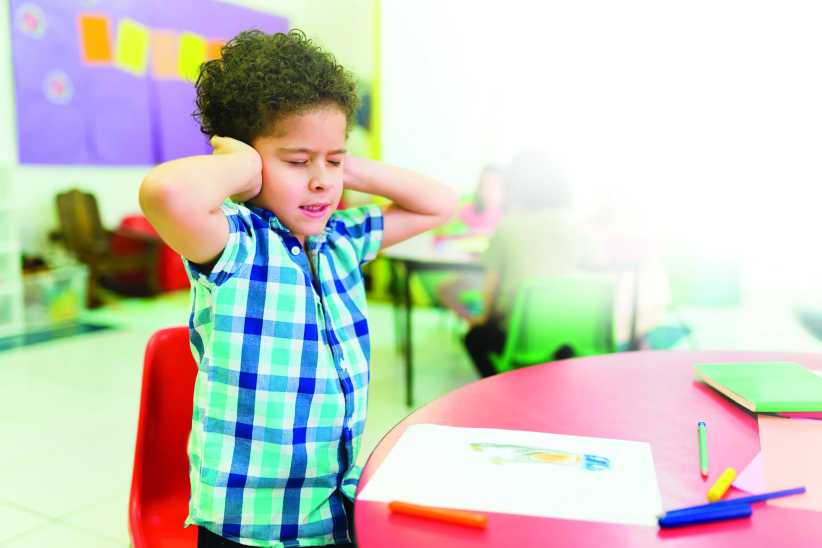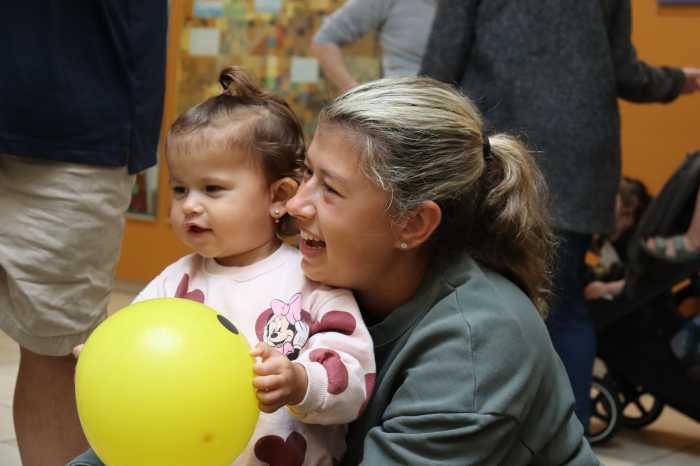
NYC Standardized Test Scores: What The Results Mean for Students and Parents
The annual results of the English Language Arts and Math Standardized State Test have been released, and schools were given a good sense of where they stand academically. But many parents, and students, are left with more questions than answers when it comes to these tests and what they mean for the future.
Scoring Methods
Before going over the results, it’s important to understand exactly how these standardized exams are scored. First, each student’s test is scored based on the number of questions they answered correctly, which gives an initial raw score. The raw score is then converted by taking into account the difficulty of the questions on the test, which results in a scaled score.
The scaled score is what makes it possible to compare scores across grade levels. For example, a 4th grader will be given less points for correctly answering a 3rd grade level question than a 3rd grader would, and so on. The scaled score is then used to determine the performance level of each student. The performance levels are categorized as follows:
Level 1 (Below Proficient): Does not yet demonstrate proficiency in the subject area.
Level 2 (Partially Proficient): Demonstrates some proficiency but may still have some significant gaps in their understanding of the subject area.
Level 3 (Proficient): Demonstrates proficiency in the subject area and meets grade-level expectations.
Level 4 (Exceeds Proficiency): Exceeds grade-level expectations and demonstrates an advanced understanding of the subject area.
Score Breakdowns
Among all students in grades 3-8, 53.4% in NYC were considered proficient or above in math (an increase of 3.5 percentage points). Children considered to be reading on grade level is 49.1% (a 2.6-point decrease).
If we break down the reading scores by borough, we can see that a drop in performance average is consistent across all five. But Sarah Bonner, a Professor in the Department of Educational Foundations at Hunter College, warns us about reading too far into slight variations.
“You can’t make too much of small changes, just like is the case with any kind of assessment,” she said. “There’s a chance factor.”
Among the boroughs, Queens saw the biggest drop, with 51.8% of children reading on grade level in 2024 compared to last year’s 55.2% (a 3.4-point decrease). Brooklyn saw the second largest drop, with 51.2% of children scoring proficient or above compared to last year’s 54.4% (a 3.2-point decrease).
This year, just as in previous years, children in Manhattan had the highest overall reading proficiency, with 58.7% of children reading at grade level or above. Staten Island averaged out at 56.2% proficiency. The Bronx had the lowest number of children at reading level at 35.1%, a 1.9% drop from 2023.
The recent influx of migrants to NYC could be a factor in these changing percentages. “It’s likely new immigrants that are still learning the language are affecting those scores, and that’s just something that our schools really have to address,” said Prof Bonner. “Last year, 68% of ELL students [English language learner students] in grades 3 through 8 tested at level 1, which is among the highest rates ever.”
“The people who make these tests are always working to address fairness. They’re working to address cultural representation. They’ve always been working to address English language learners in testing and students with special needs. Technology is making some of that better, but it’s an ongoing process.”
Similar to the reading level drop, the improvement in math scores was consistent across all five boroughs. The Bronx saw the lowest scores but also the biggest improvement, having 38.7% of children test proficient and above (level 3 or 4) in math compared to 2023’s 33.9% (a 4.8-point increase).
Queens saw 56.4% of children test proficient or above in 2024. Brooklyn is slightly higher with 56.8% and Manhattan sits at 60.5% proficiency. Notably, Staten Island saw the highest math scores this year, with 61.3% of children testing proficient or above.
Also notable is that about 70% of Asian American students and nearly 66% of white students in NYC scored proficient or above on English exams compared with nearly 39% of Black students and about 36% of Latino children. About 21% of students with disabilities were considered to be reading at grade level.
In math, almost 80% of Asian American children and just over 72% of white children were proficient, while about 38% of Black students and nearly 40% of Latino met the criteria for proficiency. It’s also noteworthy that math proficiency rates were significantly lower for students with disabilities, at just over 27%.
Top Performing Schools by NYC Borough
Manhattan: New Explorations into Science, Technology and Math, abbreviated NEST+M (M539)
Reading Level Proficiency: 100% Math Level Proficiency: 99.8%
Brooklyn: Beacon School of Excellence (K172)
Reading Level Proficiency: 100% Math Level Proficiency: 98.9%
The Bronx: Concourse Village Elementary School (X359)
Reading Level Proficiency: 100% Math Level Proficiency: 98.3%
Queens: The Baccalaureate School for Global Education (Q580 )
Reading Level Proficiency: 100% Math Level Proficiency: 98.2%
Staten Island: Naples Street Elementary School (R009)
Reading Level Proficiency: 100% Math Level Proficiency: 97%
It’s interesting to note that students in NYC performed slightly better that the overall average in the state of New York. Looking at all of New York State, 46% of students Grades 3-8 were at or above reading level, while 52% scored proficient or above in math.
Why It Matters
It’s important to remember that standardized tests are a valuable tool for measuring the academic performance of students in a given area. Without these exams, we would not be able to track these changes and figure out ways to improve our educational system.
But it’s equally important to remember that these tests aren’t perfect, and no single exam can be tailored to fit every kind of learning style. Different children have different ways of approaching different subjects and materials. And while learning does start at home, that doesn’t mean there still isn’t more that can be done to improve methods at school and beyond.
“The city could provide better funding for the school system and for library services,” Prof Bonner said. “There could be a partnership created with Duolingo to help increase literacy. There’s pretty robust evidence that just having books in the home can have the same effect as having college-educated parents. Kids want to learn, it’s mostly about access.”
Psst…Here are the Top 10 Books to Help Young Kids Understand and Manage Their Big Feelings














